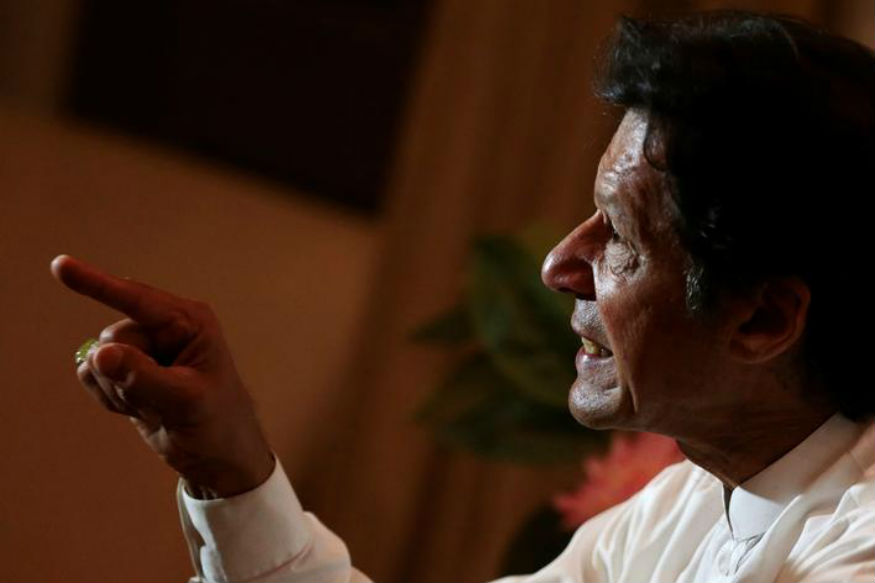No products in the cart.
“Pakistan will open Airspace, only if India doesn’t do another Air Strike,” says Islamabad
Pakistan’s Imran Khan-led government had made their decision to close the eastern airspace for flights from and to India until there is some assurance from India’s national capital that it will not make an attempt to repeat Balakot-like air strikes inside the Pakistani territory.
Pakistan capital Islamabad closed the airspace on February 26 this year in the aftermath of Indian airstrikes inside Pakistan, on a Jaish-e-Mohammad terror camp in Balakot, in vengeance to a suicide bombing that ended the lives of 44 Indian police personnel in Jammu and Kashmir’s Pulwama district on February 14.

Reliable sources told news agency TOI that though the ban has been extended till June 28, the neighbouring country is likely to keep the airspace shut for India until there is a 100% commitment from New Delhi that there would be no repetition of Balakot-like air strikes.
It was on March 27 that Pakistan opened its airspace for all flights barring New Delhi. Since May 15, the ban on eastern airspace has been extended over 3 times.
Previously this week, Pakistan’s Civil Aviation Authority (CAA) added that the government will once again look into the matter on June 28 but ignored giving additional details on the issue.
Sources also added that Pakistan’s capital was looking for an assurance from India’s capital that Balakot-like incident will not be repeated in the times to come.
The ban will still remain in place until the problem is raised and resolved between Islamabad and New Delhi, sources said. The closure of airspace was owing to security and diplomatic reasons, a top CAA official said on the condition of anonymity said.
Last month, Pakistan’s foreign office spokesperson Dr Muhammad Faisal said: “We want de-escalation. If de-escalation takes place we would not like to have a ban on our airspace for India for a single day but for the purpose India will have to talk to us. India should show rational behaviour and must understand that issues will not be resolved through confrontation.”
Ever since the closure of Pakistani airspace, the Indian aviation industry, as per the media reports, is facing more losses than Pakistan.
Due to this closure, several foreign airlines are also being forced to prefer longer routes to reach other destinations. The closure of Pakistani airspace has caused a huge problem as it has affected flights from Europe to Southeast Asia while the flights from Europe and the US flying in and out of India’s capital have been worse.
Delhi-Astana flight takes an additional three hours while Delhi-Moscow flight takes more than 2 extra hours and meanwhile, the time duration of Delhi-Kabul and Delhi-Tehran flights have also been doubled.









